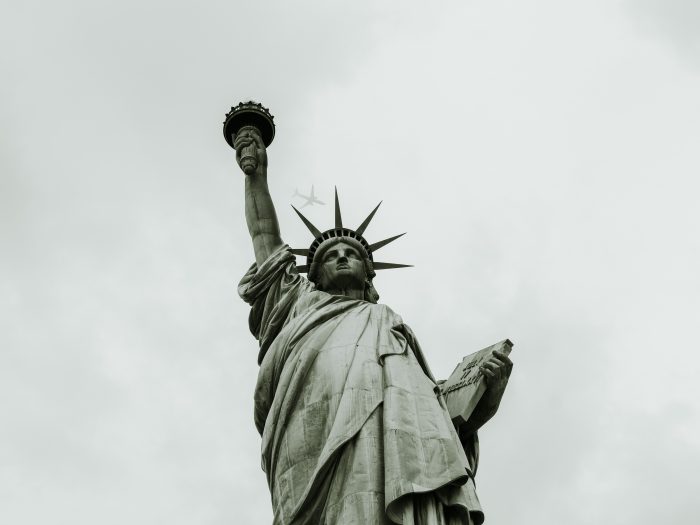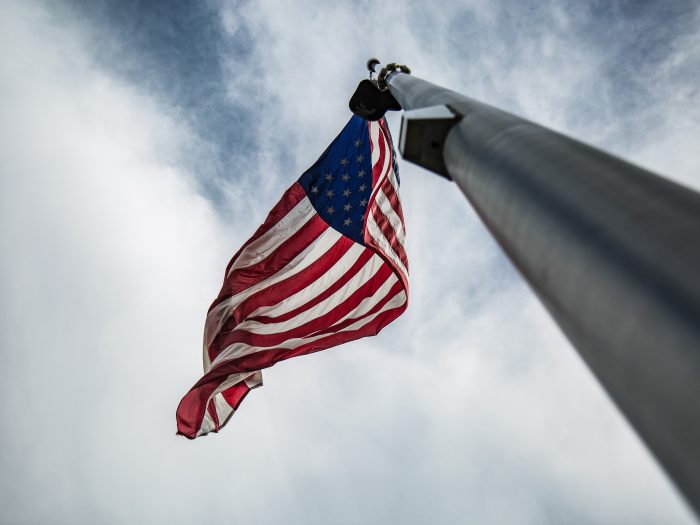Essay on Bill of Rights

Bill of Rights Essay, History
If you’ve been trying to understand why the Bill of Rights is so important, then you are about to discover it’s actually a very great document. Before the proper explanation of this Bill, first, you have to know how it originated.

America declared independence in 1776 at which point individual states started to be formed and, also, the formulation of the federal constitution began.
HISTORY
The Bill of Rights didn’t start in our time, its origin dates back to 1215. This was a period when some rebellious barons in the English province forced the king to apply his seal on a document called the Magna Carta. Some of the sections of that document prohibited the royals from abusing their powers and also if a citizen is to be prosecuted he must have to follow the laws of the land.
There was such a period when the Royals had supreme right to arrest and jail just about anybody and this became frustrating to the people and they pressured the parliament to adopt the “Petition of Rights”. So, in 1662 King Charles and the royal family came under the check when this Bill was adopted. There was a section of it that frowned at the unlawful detention or imprisonment of any citizen. Another section stipulated that a tax would consider invalid if not passed by the Parliament. After the revolution, William and Kate became the ruling family and there was an adoption of the Bill of Rights in 1689. Imagine that after centuries we have a Bill, which is just not the same in name but has provisions that had been legal way back in history. So, the writing down of legal documents to protect the rights of the people has always been part of the American civilization.

When Virginia decided to open its gates to the immigrants in 1606, a Charter was needed to protect the rights of those coming in. So, the Charter of Virginia was drawn and it stated “those who migrated to the new world should enjoy the same privileges, franchises, and immunities as if they lived in England”.
THE CONVENTION
The years that followed after the declaration of independence were filled with a lot of contentions as to what the final constitution will look like. There were people who were against federalism and who were of the opinion that the federal government had too much power. There were also those who believed they had more important issues to discuss rather than waste their time discussing the Bill of Rights. So, obviously it took a lot of negotiations before the Virginia Declaration of Rights took place.
MADISON DRAFTS AMENDMENTS
As mentioned above, there was a period after independence where laws have to be created to suit everyone. Well, it’s never an easy task! Some issues of concern were how to go about ratifying the Bill of Rights. The anti-federalist group saw no need for the adoption of this Bill. However, Madison was able to find a breakthrough at some point when he presented a report laying out a proposed amendment to the constitution. So in 1789, the conference report was accepted. It took about six months for about nine states to ratify their copies. Finally, this happened when Virginia ratified in 1791.
POST-BILL OF RIGHTS AMENDMENTS
There was a period of the crazy revolution in the American constitutional law. This stir started after the civil war when the fourteenth amendment was declared “that no state shall deprive any person of life, liberty, or property without the due process of the law”. Just these few words steered up a lot of controversies on how it affects individual states. According to Hugo Black’s perspective “no state could deprive its citizens of the privileges and protections of the Bill of Rights.” So, he sued his city for allegedly taking over of a private land.
Obviously, this was not adopted easily as it took some time and a process was called selective incorporation. This is when the court has to see if a specific provision was essential to fundamental fairness. If it is then it applied to the state just the same way it affected the federal. This was how most of the important provisions in the Bill found their way there. The Bill of Rights has not yet been amended, meanwhile the federal constitution has gone through several amendments. There is no doubt there are still sections of the Bill that has interpretation difficulties within the Supreme Court, yet this document is alive in every American heart.

THE BILL OF RIGHTS
First Amendment
Congress shall make no law respecting an establishment of religion, or prohibiting the free exercise thereof; or abridging the freedom of speech, or of the press, or the right of the people peaceably to assemble, and to petition the government for a redress of grievances.
Second Amendment
A well-regulated militia is necessary to the security of a sovereign State, the people’s right to keep and bear arms shall not be infringed.
Third Amendment
No soldier shall, in time of peace, be a resident in any house without the concent of the owner, or in time of war, but in a manner to be prescribed by law.
Fourth Amendment
The right of the people to be secure in their persons, houses, papers, and effects, against unreasonable searches and seizures, shall not be violated, and no warrants shall issue but upon probable cause, supported by oath or affirmation, and particularly describing the place to be searched, and the persons or things to be seized.
Fifth Amendment
No person shall be held to answer for a capital, or otherwise infamous crime, unless on a presentment or indictment of a grand jury, except in cases arising in the land or naval forces, or in the militia, when in actual service in time of war or public danger; nor shall any person be subject for the same offense to be twice put in jeopardy of life or limb; nor shall be compelled in any criminal case to be a witness against himself, nor be deprived of life, liberty, or property, without due process of law; nor shall private property be taken for public use without just compensation.
Sixth Amendment
In all criminal prosecutions, the accused shall enjoy the right to a speedy and public trial, by an impartial jury of the State and district wherein the crime shall have been committed, which district shall have been previously ascertained by law, and to be informed of the nature and cause of the accusation; to be confronted with the witnesses against him; to have compulsory process for obtaining witnesses in his favor, and to have the assistance of counsel for his defense.
Seventh Amendment
In suits at common law, where the value in controversy shall exceed twenty dollars, the right of trial by jury shall be preserved, and no fact tried by a jury shall be otherwise reexamined in any court of the United States, then according to the rules of the common law.
Eighth Amendment
Excessive bail shall not be required, nor excessive fines imposed, nor cruel and unusual punishments inflicted.
Ninth Amendment
The enumeration in the Constitution, of certain rights, shall not be construed to deny or disparage others retained by the people.
Tenth Amendment
The powers not delegated to the United States by the Constitution, nor prohibited by it to the States, are reserved to the States respectively, or to the people.
